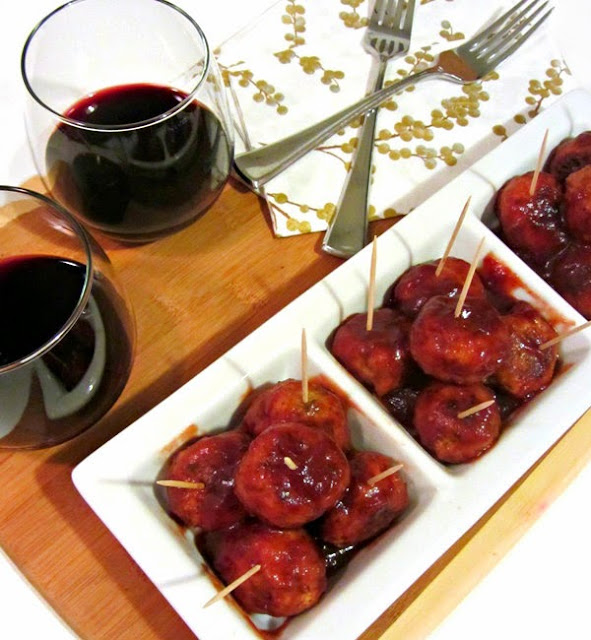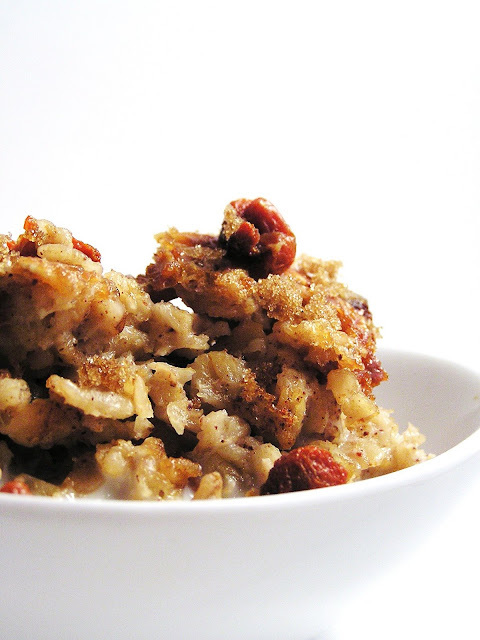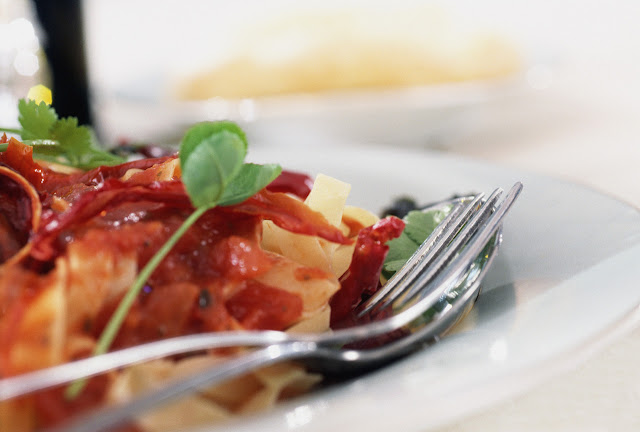In the Pantry - Healthy Fats and Oils
This pantry post is all about healthy fats and oils. I decided to devote an entire post to these elements of traditional foods since they are so important for health. Our supermarkets carry so many unhealthy oils that are cheap, but so very destructive to human health, causing untold amounts of free radical damage. We might pay a small out-of-pocket cost for these types of oils, but we are paying huge prices in terms of degenerative illnesses and medical expense.
And it's not only that these fats and oils directly damage our bodies and also do not provide essential nutrients that we need in order to produce the bio-chemicals that maintain optimum health and a sense of well-being.
So without further ado, here is a list of the fats and oils that I keep stocked in my pantry and also some that I do not, but that are, nevertheless, excellent sources of nutrition:
Bottled Oils and Fats: Extra virgin, cold or expeller expressed oils, such as olive (use organic only as "70% of the extra virgin olive oil sold is adulterated - cut with cheaper oils" to save money - see this article for more information), flaxseed oil (buy only flaxseed oil that has been refrigerated in dark bottles as this oil is very unstable [turns rancid quickly] if not kept cold; and never cook with it as it is damaged by heat), avocado oil (I use this for cold applications such as mayonnaise and salad dressings), peanut oil (only cold application) and sesame oil. I find these oils at Trader Joe's (olive and sesame), at Whole Foods and/or Costco (avocado, peanut, flaxseed).
Coconut oil deserves a paragraph all it's own, even it's own post, which I will do soon. This is perhaps the healthiest, great-tasting oil on the planet. If you like the taste of coconut, then buy "virgin, unrefined organic". It smells and tastes like coconut. I use it to make tacos, eggs and for sauteing and stir-frying with. Most people who have not eaten coconut oil before notice a slight sweetness but cannot identify it as a coconut taste. Few, if any, guests have not liked it. But, if you do not care for coconut, you can buy the next best coconut oil that has been slightly refined (it will indicate this on the label) to remove the taste and smell of coconut. The health benefits are not as optimal, but it is still a very nutritious and beneficial oil to use. For all the health benefits of coconut oil, visit this site. Also, see the sidebar under "Resources" for the best prices on coconut oil.
Red palm: I use a "shortening" that is made from 100% refined red palm oil. The taste is neutral and it looks much the same as the regular trans-fatty shortening (white). Of course, there are no trans fats in this palm oil shortening and it is a very healthy alternative to the standard shortening that we now know to avoid like the plague.
Refrigerate all of the above oils in dark bottles except for virgin organic coconut and palm oils, which are fine to keep at room temp because they are extremely stable. (If you do not have dark bottles on hand, save empty dark wine bottles, or if you do not drink wine, ask a friend who does to save her emptied bottles for you.)
Note: Never buy processed polyunsaturated oils, including canola oil or partially-hydrogenated (or hydrogenated) oils, such as shortening and margarine, and never soybean oil even if it is cold-pressed because of a myriad of toxins, carcinogens, anti-nutrients, and phytoestrogens.
Avocados/Avocado Oil: I'll let the chart above educate you on avocados/avocado oil and some of their healthful benefits.
Full Fat Dairy, including Butter/Ghee: Raw, organic butter from grass-fed cows is best, though I do not buy it because it is so pricey. I stock organic, pasteurized butter from grass-fed cows (this next best), which I get at Trader Joe's or Whole Foods (if I have a coupon). Butter can be kept at room temperature for a few days as it is fairly stable and will not oxidize quickly. This applies to butter that you use on toast, etc. Refrigerate butter still in the wrapper.
Duck Fat: This fat is delicious to cook with. I used to stock it, but no longer have a good source for it, though I keep looking. Buy only that which is from a healthy animal (see note below).
Beef Fat (called "Suet"): Whenever I make beef stock, I take the suet off the top of the stock (refrigerate stock after it's finished and cooled and the fat will collect on top, making it easy to remove.) Suet is one of the fats I might use when I saute beef or need to add fat to a beef or other red meat dish.) (Buy only that which is from a healthy animal (see note below). This is an inexpensive fat to use since it would ordinarily be a discarded waste product. Refrigerate or freeze suet.
Eggs: Go to this link to read all about the wonderful health benefits of eggs, an excellent food that has been demonized by conventional nutrition.
Chicken Fat (called Schmaltz): Everything said about suet (beef fat) above is true for schmaltz. It is a product of bone stock make from the chicken carcass. Remove the fat as for beef stock above. It is another inexpensive good fat. Refrigerate schmaltz after rendering it from the stock.
Lard (fat from pigs): Do not cringe in disbelief! I love lard for adding a wonderful flavor to dishes. It is a healthy fat to use as long as it comes from a healthy animal (see note below). I render my own lard from the fat that is included in the pork order that we purchase from a local farmer. Also, just a warning about the so-called lard that is available in the supermarkets: it is partially hydrogenated which absolutely ruins whatever good qualities it might have had to begin with, not to mention that it came from an animal that was raised in unhealthy conditions. Keep lard refrigerated.
Fatty Wild Caught Fish: From this article, here are five amazing benefits of eating fatty fish regularly as reported by various scientific studies.
1. Good for your heart: A study published in the American Journal of Clinical Nutrition shows that regular consumption of fatty fish lowered triglycerides by 25 to 30 per cent. Studies have also shown that consumption of fatty fish may help in lower the risk of heart attack and stroke.
2. High in nutrients: Fatty fish is high in important nutrients such as Vitamin D and protein. In fact, they are one of the few natural food sources of Vitamin D which is mostly derived from sun’s exposure. Not to miss, the Omega-3 fatty acids those are essential for your brain and body to function optimally.
3. Protects your brain: Consumption of fatty fish may protect your brain from age-related diseases such as Alzheimer’s disease and dementia. It is known to slower rates of cognitive decline. Certain studies have shown that people who eat fish regularly have more grey matter in their brain centers that control emotions and memory.
4. Boosts mood and keeps depression at bay: Omega-3 fatty acids in these kinds of fish are known to boost your mood and keep the risk of depression at bay. Fatty fish have the feel-good factor that leaves you happy and satisfied. Some studies have shown that people who eat fatty fish or consume Omega-3 fatty acids regularly may be less likely to get depressed.
5. Reduces the risk of autoimmune diseases: Autoimmune diseases are those where the body starts mistakenly attacking healthy cells and tissues. Omega-3 oils derived from fatty fish are known to reduce the risk of such diseases as diabetes, arthritis and multiple sclerosis but more research is required to validate the same.Bacon drippings: Another source of inexpensive good fat is bacon drippings. After frying bacon (do not overcook - bacon should not be crispy) from a healthy animal (see note below), strain off the drippings (fat) into a jar. Use for many different dishes - any kind of beans, creamed corn, etc. Keep bacon drippings refrigerated.
Note: A healthy animal is one that has been raised on organic pasture and not given antibiotics, steroids or hormones. These kinds of animals are usually raised by small farmers committed to humane and healthy practices. Click here for "Eat Wild" which can provide a listing for these kind of farms in your area.














Comments
Post a Comment
Your ideas and input are valuable to me. I would love to hear from you!